Bryan, Texas, US: In a stunning move that has sparked widespread controversy and fueled speculation, Ghislaine Maxwell — the convicted associate of Jeffrey Epstein — has been quietly relocated from a Florida correctional facility to a minimum-security women’s prison camp in Bryan, Texas. The federal Bureau of Prisons confirmed the transfer late this week, but provided scant explanation, leaving victims, legal experts, and the public searching for answers.
A Highly Unusual Transfer
Maxwell, now serving a 20-year sentence for sex trafficking and the sexual exploitation of minors, had been incarcerated at a low-security prison in Tallahassee, Florida since her conviction in 2022. The abrupt relocation to Texas, which reportedly occurred overnight and without prior notification to Epstein’s victims or their attorneys, has left many observers thunderstruck.
A well-known prison consultant described the event as “unprecedented,” noting that such high-profile inmates are rarely, if ever, moved to lower-security facilities under these circumstances. “You just don’t see transfers like this—certainly not for someone convicted in such a notorious case, and definitely not with so little explanation,” said the consultant.
Reasons Shrouded in Mystery
Neither the Bureau of Prisons nor the Department of Justice has released details about why Maxwell was chosen for this move. Public records indicate it came shortly after Maxwell met for two days with Deputy Attorney General Todd Blanche at the U.S. attorney’s office in Tallahassee, only intensifying questions.
While the specifics of those discussions remain undisclosed, Maxwell’s lawyer stated that she “answered every question honestly.” Rumors swirl that her willingness to cooperate with federal authorities, or even potentially testify before Congress, may have played a role in the decision.
Some legal analysts suggest the timing — coming amid demands for the release of further evidence in the Epstein case, renewed calls for transparency, and ongoing Congressional interest — could signify a behind-the-scenes agreement or government strategy. The House Oversight Committee has formally rejected any immunity requests for Maxwell but is closely monitoring developments as her case appeals reach the Supreme Court.
Life Inside the ‘Country Club’ Prison Camp
The Federal Prison Camp in Bryan, Texas has a notably less restrictive environment than most federal correctional facilities. Homes to other high-profile female inmates such as Theranos founder Elizabeth Holmes and reality TV star Jen Shah, the Bryan facility has been likened to a “luxury” or “country club” prison compared to standard penitentiaries.
Inmates at Bryan are categorized as low-risk and non-violent. There is minimal, if any, fencing. Daily life is marked by far greater freedom of movement: prisoners can access campus amenities, enjoy communal dining, and interact with minimal supervision. Critics, including advocates for Epstein’s victims, argue this move is an example of “preferential treatment” seldom afforded to those convicted of such grave crimes.
Backlash From Victims and the Public
For Epstein’s victims, the transfer has reopened old wounds. Many expressed outrage that key stakeholders were left in the dark about Maxwell’s change in custody status. “This is a slap in the face to every survivor who trusted the justice system to hold people accountable,” said a spokesperson for one victim’s family.
The controversy is only heightened by the continuing secrecy surrounding the Epstein investigation. The Justice Department recently declined to unseal further documents from the Epstein case, angering advocates and conspiracy theorists alike who had hoped for additional disclosures implicating high-profile individuals.
Political Fallout and Speculation
Adding fuel to the fire are ongoing suspicions about political involvement. Former President Donald Trump — himself once acquainted with both Epstein and Maxwell — has faced criticism from opponents and former allies. In recent comments, Trump said, “I know nothing about the case,” and denied any current discussions about issuing Maxwell a pardon, though he acknowledged the legal authority to do so if asked.
Meanwhile, critics allege the cagey handling of Maxwell’s status reflects broader efforts to shield powerful individuals or suppress embarrassing truths. The abrupt transfer, lack of transparency, and Maxwell’s high-level meetings in recent weeks only reinforce such suspicions in the public mind.
What’s Next for Maxwell?
Despite the relative comfort of the Bryan facility, Maxwell’s legal troubles are far from over. Her attorneys continue to pursue appeals in hopes of overturning her conviction or reducing her sentence. Any potential agreement with prosecutors — whether to testify before Congress or provide further evidence — could impact both her own fate and the wider public quest for accountability.
Yet there is no guarantee of leniency, and the Justice Department maintains that all decisions about inmates’ custody levels are made according to standard procedures and security assessments.
As speculation rages, one thing is clear: the saga of Ghislaine Maxwell continues to captivate — and divide — the nation. Her “unprecedented” prison move has triggered a firestorm of debate about fairness, privilege, and the search for justice at the edges of scandal and power.

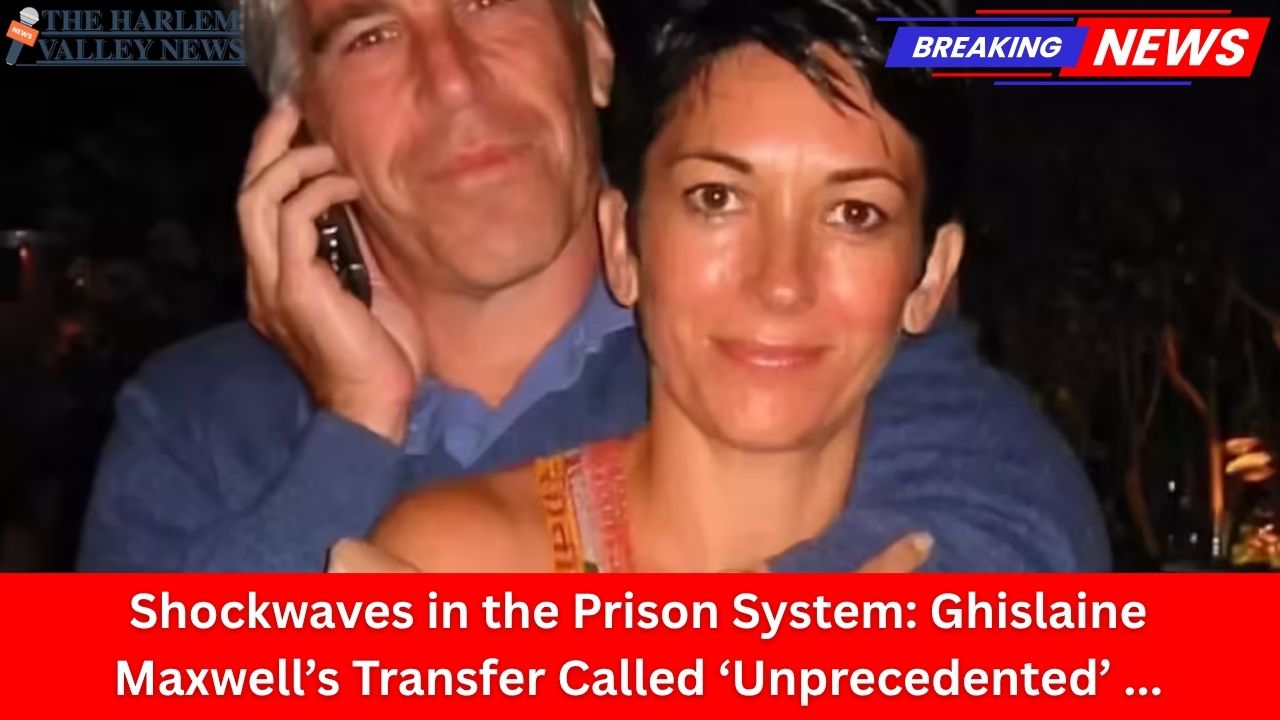
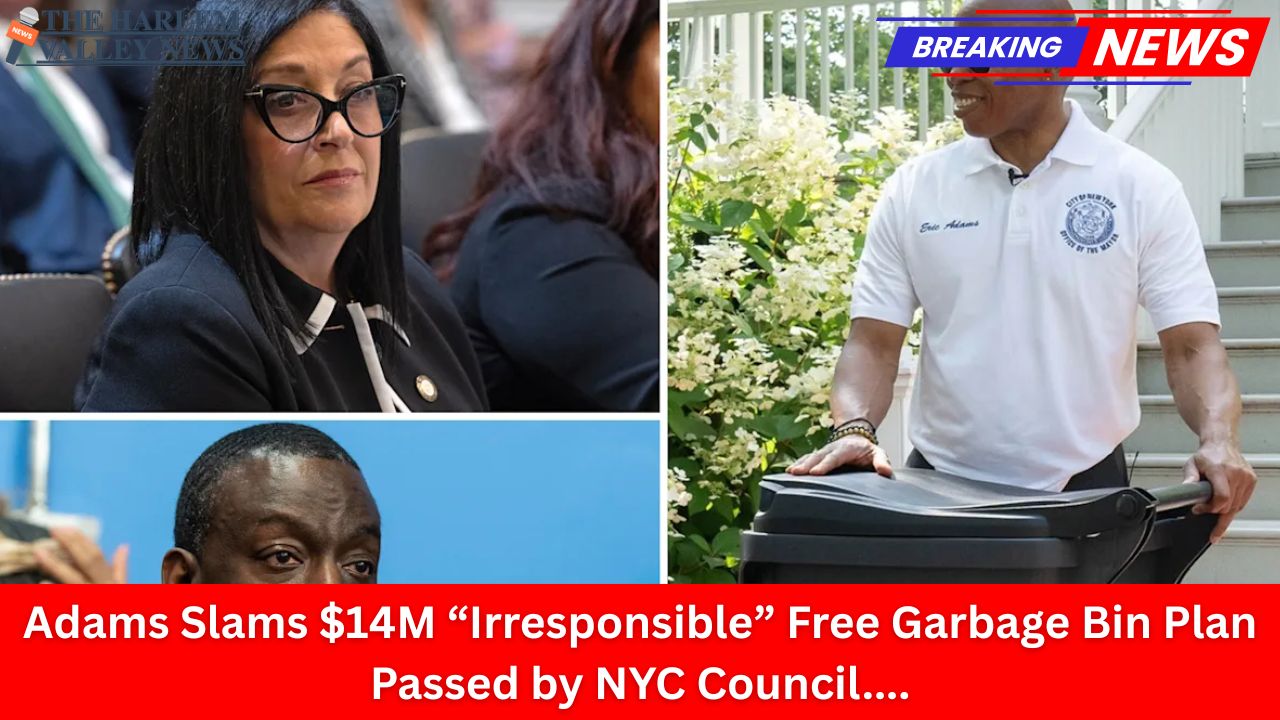





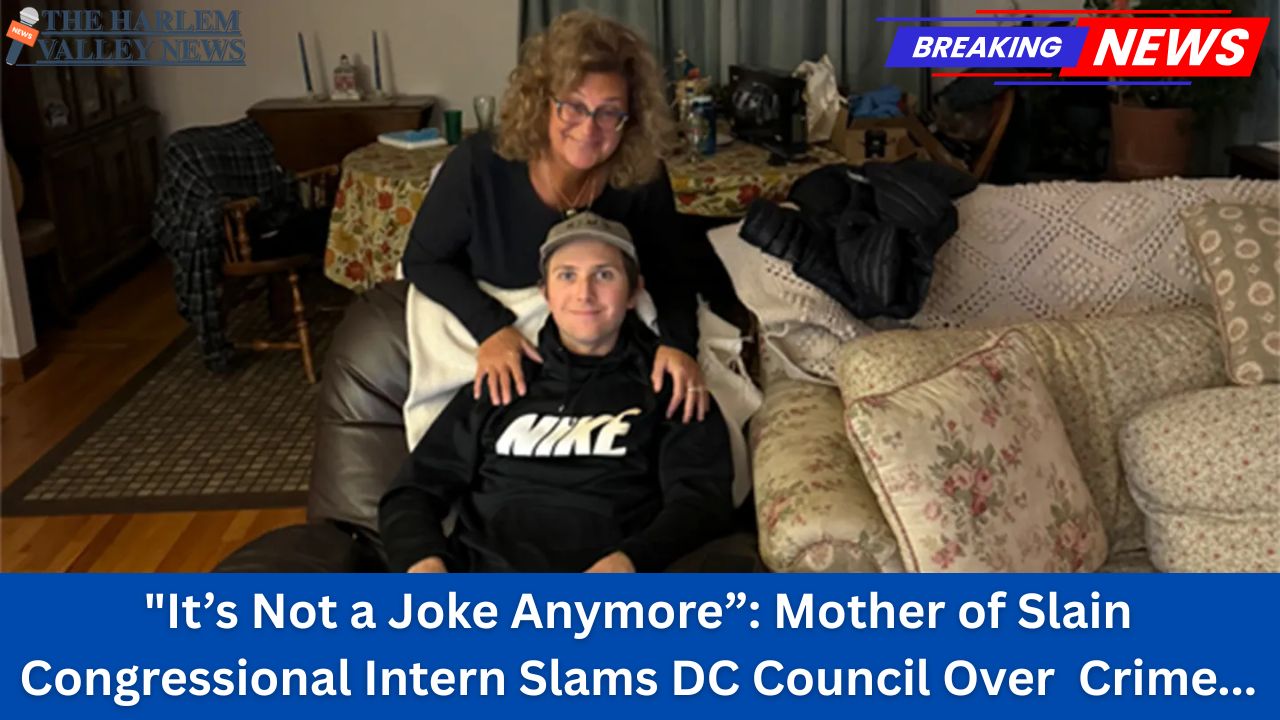

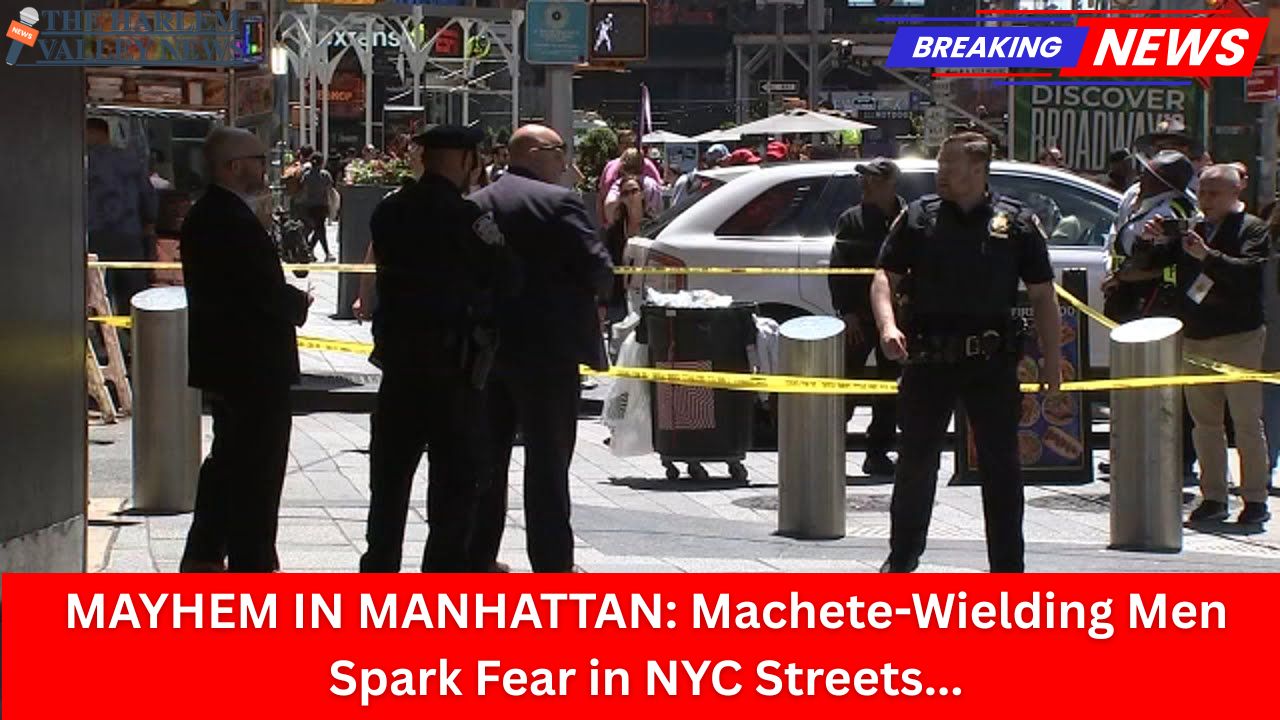



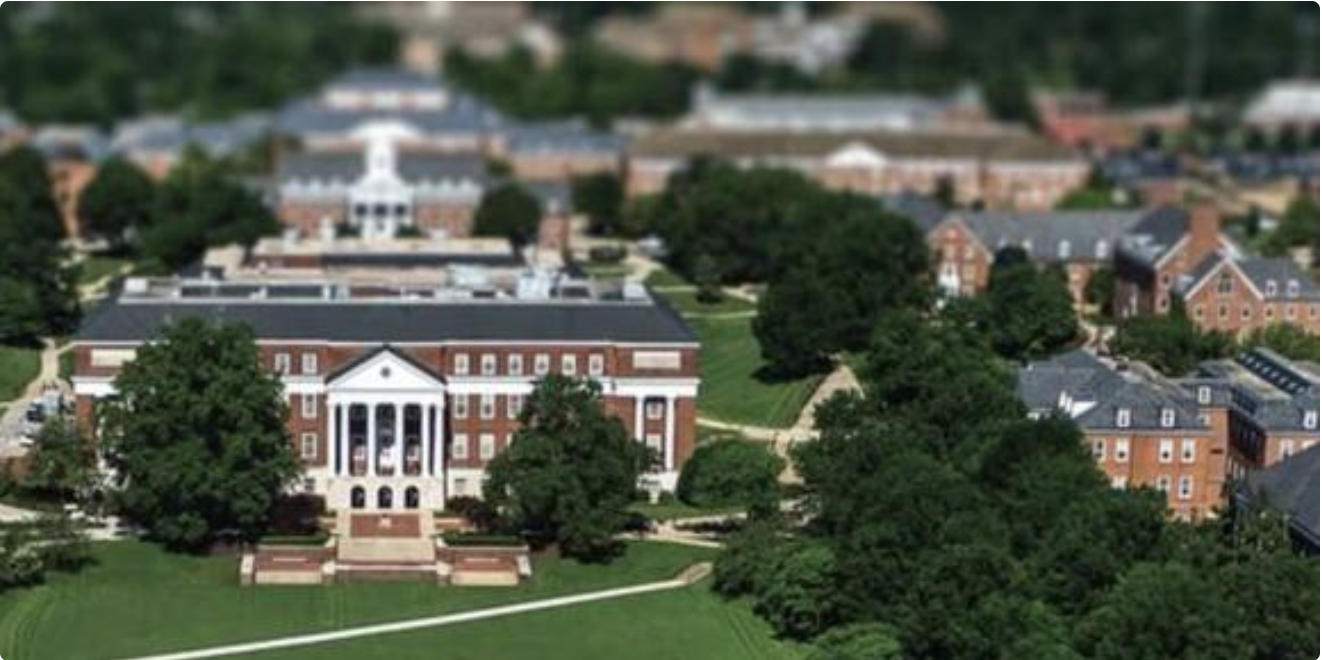
Leave a Reply